5 influential women’s suffrage speakers
by Ailsa Harvey · 05/02/2021
How did the voices of these famous activists help remove sexism from voting?
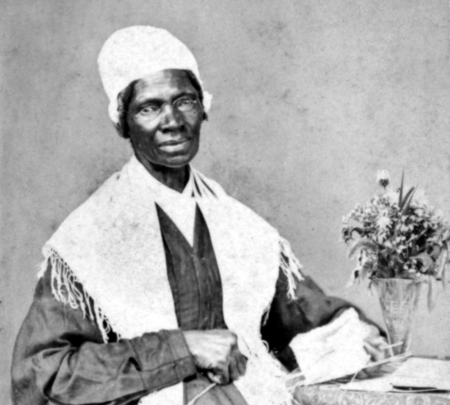
1. Sojourner Truth
As an African-American woman who was owned as a slave for around 28 years, Sojourner Truth had known a life of inequality. The speech she made at the 1851 Woman’s Rights Convention became her most famous, proving what women are capable of. She said: “Look at me! Look at my arm! I have ploughed and planted… and no man could head me. And ain’t I a woman?”
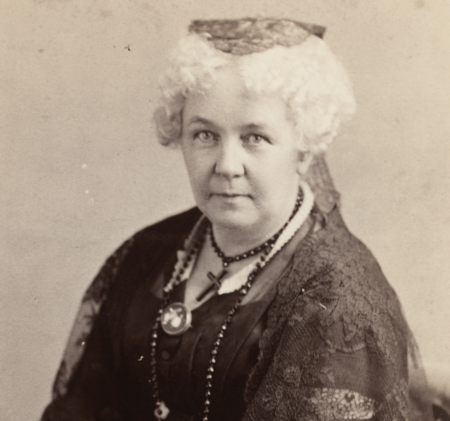
2. Elizabeth Cady Stanton
While at an anti-slavery convention in 1840, Stanton met Lucretia Mott; together they planned to organise a women’s rights convention. It was this pair who organsied the Seneca Falls Convention eight years later. At this event, Stanton addressed the crowd: “Man cannot speak for us because he has been educated to believe that we differ from him so materially that he cannot judge of our thoughts, feelings and opinions by his own.”
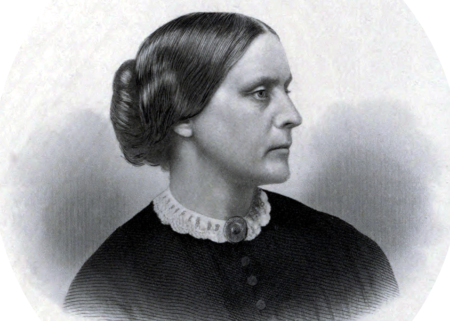
3. Susan B. Anthony
After she was arrested and fined $100 for voting in the 1872 presidential election, Anthony made a speech explaining she had not committed a crime, but “exercised [her] citizen’s rights”. She continued to express that it was “a downright mockery to talk to women of their enjoyment of the blessings of liberty while they are denied the use of the only means of securing them… the ballot”.
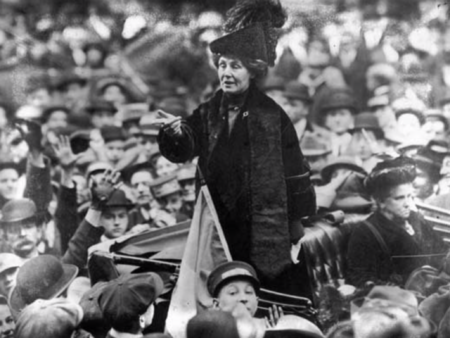
4. Emmeline Pankhurst
“I am here as a person who, according to the law courts of my country, it has been decided, is of no value to the community at all.” These were the words spoken by Pankhurst, leader of the Women’s Social and Political Union in the UK. She travelled to Connecticut to address an audience in November 1913.
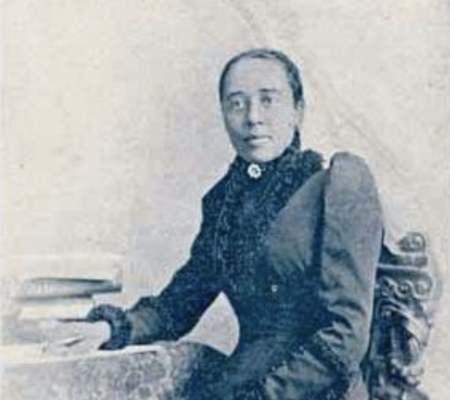
5. Anna J. Cooper
In 1893 at the World’s Congress of Representative Women, Cooper spoke of women’s ability to put aside their differences to win rights they were all entitled to. In her speech she said: “[Not till] the pursuit of happiness is conceded to be inalienable to all; not till then is a woman’s lesson taught and a woman’s cause won – not the white woman’s, nor the black woman’s, not the red woman’s, but the cause of every man and every woman who has writhed silently under a mighty wrong.”
For more science and technology articles, pick up the latest copy of How It Works from all good retailers or from our website now. If you have a tablet or smartphone, you can also download the digital version onto your iOS or Android device. To make sure you never miss an issue of How It Works magazine, subscribe today!





